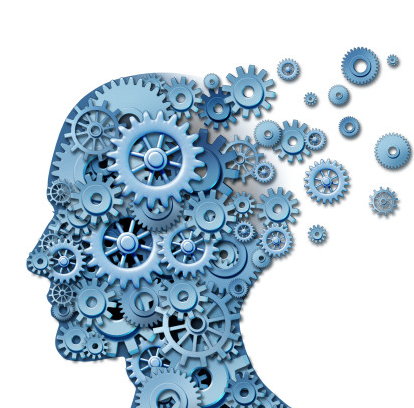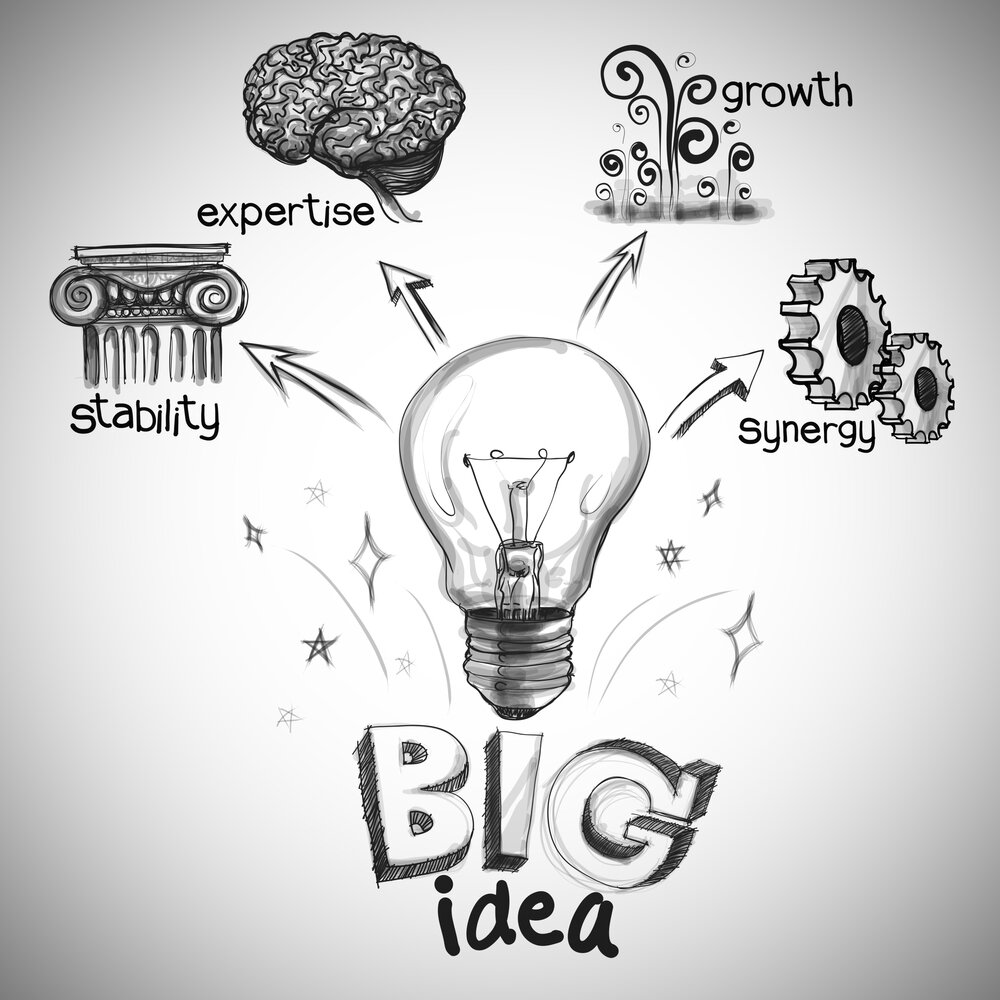Why Having a Good Memory is Good for the Self-Developer…
 Having a high-quality memory is a useful attribute to anyone whose routine involves accuracy and thought, because by having a high-quality memory we can higher overall efficiency, organisation and control over our thoughts and daily lives. And, as stated before, this is useful to everyone, but it’s particularly useful for the self-developer which is why I chose to discuss this topic today.
Having a high-quality memory is a useful attribute to anyone whose routine involves accuracy and thought, because by having a high-quality memory we can higher overall efficiency, organisation and control over our thoughts and daily lives. And, as stated before, this is useful to everyone, but it’s particularly useful for the self-developer which is why I chose to discuss this topic today.
As a self-developer we are constantly looking at ways in which we can improve our work ethic, mindset and behaviours. And what better way to improve all of these things, than to improve the mind and its system of storing our ideas.
People with good memories are far more capable of finding solutions, combining ideas and strategizing the opportunities around them. For the self-developer this would mean facing much less pressure when faced with a seemingly daunting task. Or even just being able to remember the names of your new colleagues.
Four Easy Ways to Improve Your Memory
The mind is complex and precious organism and it does a lot for us. And as self-developers we demand a lot more from our brains than most other people, therefore it’s just as important (if not more) to understand, take care of and improve our minds as it is to improve our bodies.
So this post is all about how you can improve your memory, just by making a few simple changes to the way in which you live in order to do this.
1) Look After Your Body…
Your body and mind are not separately functioning, both work together to fuel the things you do, so it’s important that we look after our bodies, in order to look after our minds because this will ensure that both can work at their best abilities thus helping us also to work to the best of our abilities.
Exercise…
Exercise demands attention and focus on the part of the exerciser and this demand of attention and focus, stimulates the circulation of blood to the brain making it’s mental awareness sharper and more able to focus on the tasks at hand.
The most useful tool a hard working person can have is the ability to make the most out of their time and if you’re more able to focus, chances are you’ll be much more efficient in the work that you complete. A simple run before work, or a quick paced walk on your lunch break could stimulate the release of essential brain chemicals that will help you begin or continue in the day refreshed, as the best person you can be.
Eat Well…
Foods that are rich is Omega-3 promotes brain health, in the same way that foods rich in saturated fats impair the memory. So be conscious of the things you put into your body, in order to consciously improve what energies you put out.
Drinking water is also a good way to protect and fuel your mind, because it keeps the mind’s electro chemical system functioning to the best of its ability. Ensuring your ideas are strong and your creative energies at their most flexible.
Sleep Well…
Sleep deprivation prevents the brain from operating at its best, and reduced its ability to solve problems and create ideas significantly. Psychologists argue that we should sleep from six to nine hours everyday to get the most out of our brains… but being the active people that we are sometimes this isn’t possible.
So I’d recommend perhaps having a more quality sleep, than quantity of sleep by researching the ways in which you can make the most out of the hours that you are both asleep and awake and forming a regular sleeping pattern.
2) Use Techniques to Aid the Memory…
 If you have to remember significant details (maybe for a pitch or an exam) ensure you’re using the right techniques that suit your way of learning. If you’re a visual leaner like me, try using flashcards or colour-co-ordianted images to aid your brain whilst it works.
If you have to remember significant details (maybe for a pitch or an exam) ensure you’re using the right techniques that suit your way of learning. If you’re a visual leaner like me, try using flashcards or colour-co-ordianted images to aid your brain whilst it works.
But if you’re not one to learn this way, try making spider diagrams or simply reading aloud the texts that you’re trying to memorize or the concept you’re trying to figure out or evaluate. Aiding your memory is all about understanding you memory and what works best for you.
So always be conscious of your individual differences when looking within at your self psychology. Hence, why it’s called self psychology.
3) Be Conscious of Your Setting…
Our minds work best when they are clean and organized, therefore the stimuli your brain is receiving should also be clean and organized. The most simple of ways to achieve this, is by cleaning out your desk between projects. Not only will this give you a clean foundation to work on, but it will also ensure that your area of work has everything you need before you start.
It is psychologically proven that we can revise information better in the room in which we learnt it. So if your trying to generate new ideas or remember facts to the best of your ability, always practice in a place that you know well and that you know will be free from distractions. Even the most focused of people, will find the click of a fridge or the gossip next door distracting when they most need control over their minds.
So be conscious of your surroundings and help your brain focus as best you can.
4) Keep Your Mind Active…
The brain needs to be stimulated in order to continue developing and growing, the same way muscles need to be flexed in order to strengthen.
There is no way that you can make your brain physically move around in your skull, but simple tasks like reading or brain games can really help keep the memory active.
 But remember, it’s just as important to ensure that the level of brain activity you are commencing does not exceed itself. Stress brings about many medical issues, and such medical issues can damages brain cells that are vital in remembering and organising information so make sure that you take regular breaks if you’re working hard, and that these breaks provide complete and utter relief from the task at hand.
But remember, it’s just as important to ensure that the level of brain activity you are commencing does not exceed itself. Stress brings about many medical issues, and such medical issues can damages brain cells that are vital in remembering and organising information so make sure that you take regular breaks if you’re working hard, and that these breaks provide complete and utter relief from the task at hand.
This is most important for tasks of a creative nature, because to create is to build on a foundation. And to build on a foundation, means that foundation must be clear in your mind. A good way to get started in the process of idea generation is to get all ideas and issues on paper first. And then build on the strongest point.
The memory is made up of two parts. The information we get during an event and the information we get after an event. If you want that information to stick, ensure it’s consistent. So although it’s great to be consistently reminding your brain of what it needs to know back to front, clarity is key to keeping your mind active but not over-active. Just like any muscle, the brain can’t build on a thousand ideas at once.
Conclusion
Most people think that having a good memory is something we are born with. But the truth is that no element of the brain is outside of our control. Memory is a skill. Just like any other. It takes practise, time and learning to improve it but it’s not impossible to adapt it towards the lifestyle we want to lead; in fact it’s been scientifically proven that some areas of our brain even grow to allow more skill in one area, and shrink to compensate.
The above changes aren’t massive changes, but they make big differences to the way we think and learn and process information. Even small developments to the memory can make us more efficient workers. So always be looking for ways in which you can do and be better. After all that’s what becoming the best you can be is all about.
Wrote by Aimee Hall



